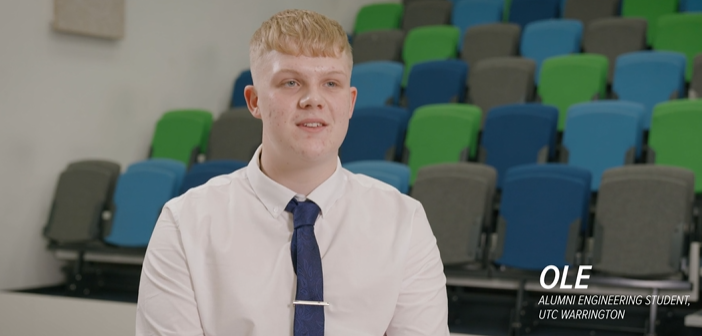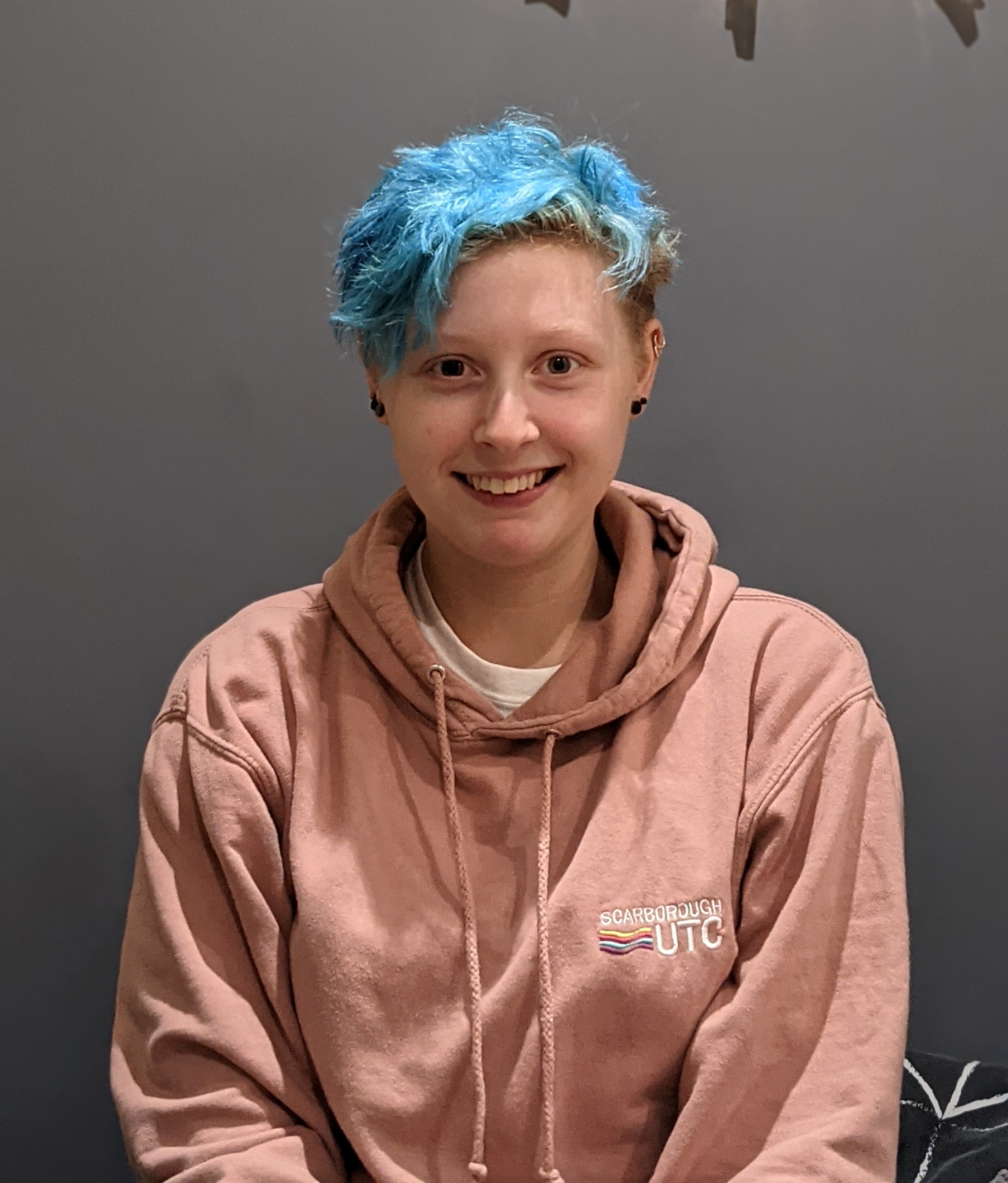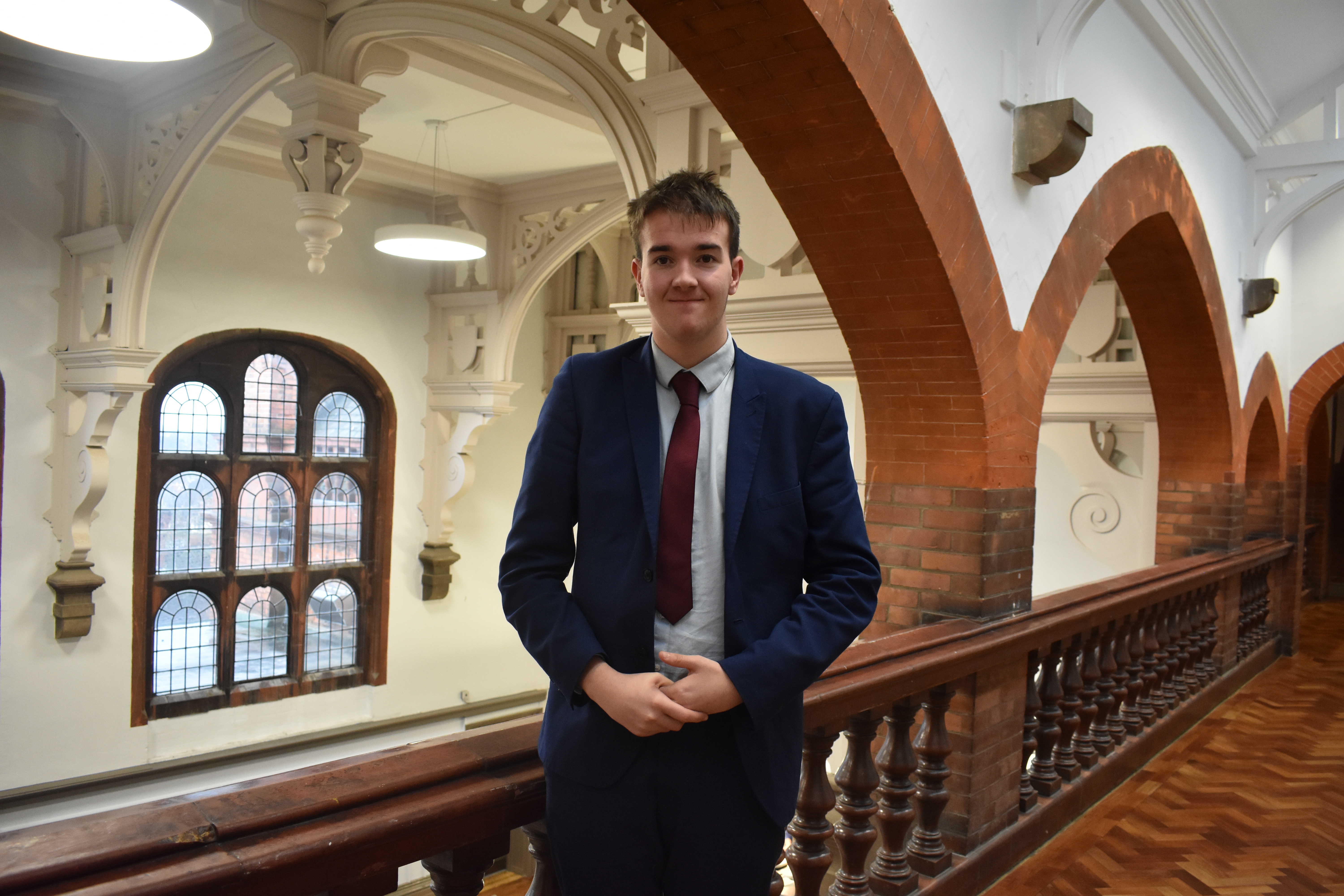
Josh Reardon UTC NORFOLK
‘I went to Wisbech Grammar school until year 11, and discovered that maths and physics
were the
subjects I was best at. I knew I wasn’t going to stay for sixth form,’ says Josh, ‘so
started
looking around. My brother had just started studying engineering at university, and I
came
across a
brand new engineering college at UTC Norfolk. I was one of the first cohort to go – the
photos
looked good, and I liked the fact that there were big companies on the board, like Lotus
Cars.
‘I’d never come across a UTC before and it felt like a bit of a risk, but you never know
something’s
going to pan out when you start something new anyway – and the more I looked into it the
more
excited I got about starting.
“I’ve finished my year in industry with Rolls Royce’s aerospace division, which was completely different to anything else I’d seen, and I’ve got one more year at university. I’ll find out in September if I’ll get a graduate scheme placement with Rolls Royce”
‘In my first year we worked on Green Kart – the battery go kart project. A lot of it was in our spare time, but we’d also work on it in lessons. We had the freedom to plan it on our own, as if we were in an engineering team in the real world. ‘The biggest advantage for me in joining the UTC was doing two weeks’ work experience at Lotus Cars when I was16,’ says Josh. ‘They were on the board of directors and came in to see us – it was the first time they’d ever done work experience. Because the UTC was relatively small at that time – there were only year 12s – all of the teachers knew all of the students really well, and could tailor make opportunities for you. They really made the most of their contacts to get the best opportunities they could for us...
‘I’m still not sure what I’ll do once I leave university. I’ve done two years at college and two at university and an industrial placement year all in engineering, so I’m getting to know how everything works and how different industries work. That’s definitely helped. I’ve finished my year in industry with Rolls Royce’s aerospace division, which was completely different to anything else I’d seen, and I’ve got one more year at university. I’ll find out in September if I’ll get a graduate scheme placement with Rolls Royce, which would be a 16-month course. But I’ve also always been interested in insurance and banking – it’s one of the reasons I applied for mechanical engineering at university. Both are problem-solving and analytical and maths-heavy, so that option is still there for me. It’s such a highly-thought of degree.
‘If you’re willing to work hard, you’ll get so much from it,’ he says. ‘Go for it and take all of the opportunities you’re offered – I didn’t say no to anything, but I’ve had to work hard. A BTEC and three A levels is more work than other schools, but there are good opportunities there. UTCs are a mature environment that prepare you for university, so it’s easier to make the jump from one to another. You can have lots of free periods and you have to make the most of them, which is similar to university. You need to learn to do it for yourself.’




